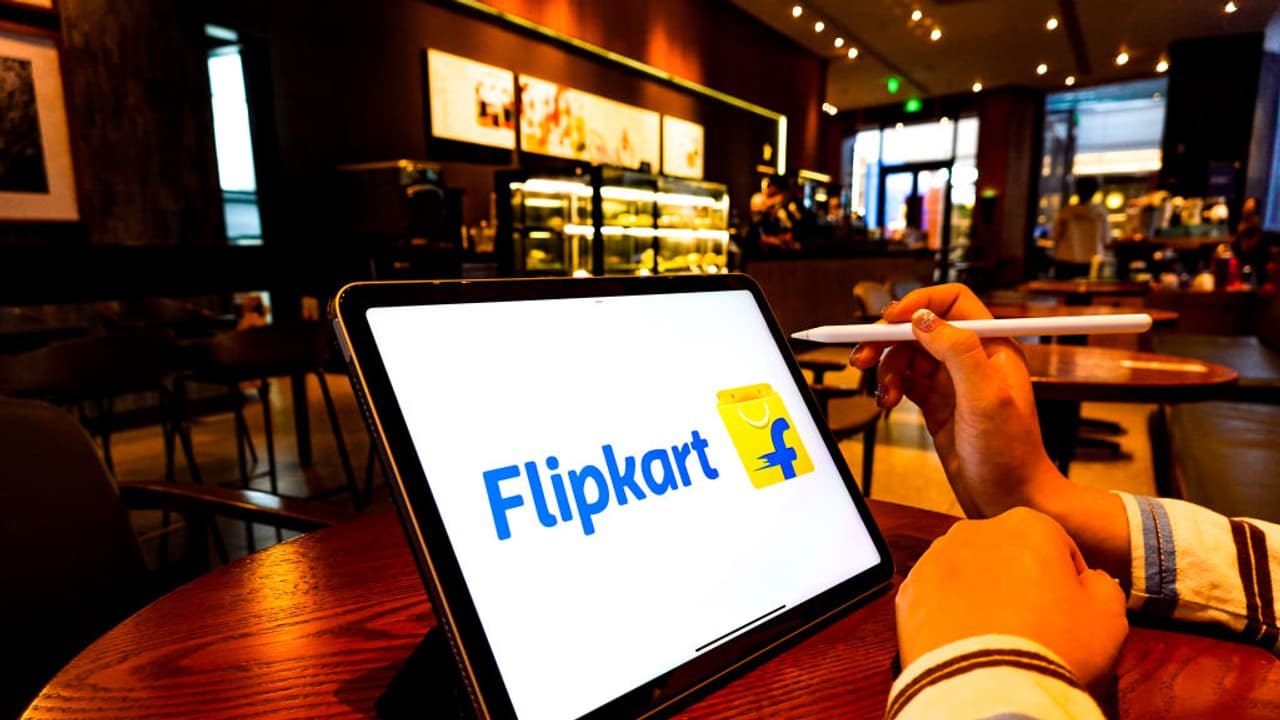Bombay High Court grants interim relief to Flipkart, staying a magistrate’s order to register an FIR over alleged copyright violation. The case, involving Shemaroo content used on social media, will be heard for final disposal on November 24.
Mumbai: The Bombay High Court on Monday, November 11 granted interim relief to Flipkart by staying a magistrate’s order that had directed police to register a criminal case against the e-commerce platform. Chief Justice Shree Chandrashekhar and Justice Gautam Ankhad have put all proceedings on hold until November 24, when the matter will be heard for final disposal. . Until then, Flipkart will receive temporary protection from the criminal proceedings that were set to begin. The case highlights the tension between promotional content practices in the digital age and copyright protections, with courts now tasked with determining where the line between fair commercial use and infringement lies.
What is the Case About?
Entertainment company Shemaroo has accused Flipkart of using its copyrighted material on social media without authorisation. Shemaroo claims Flipkart posted its protected content on social platforms to promote Flipkart’s services, essentially using the material for commercial gain without obtaining proper licensing. On September 30, an Additional Chief Metropolitan Magistrate in Andheri directed police to register an FIR against Flipkart. The magistrate determined that the allegations, if true, would constitute serious violations under the Copyright Act. This would include sections dealing with copyright infringement, which are classified as cognizable and non-bailable offenses.
Police at MIDC Police Station had initially declined to file the FIR, arguing that Flipkart’s use might qualify as “fair use” under copyright law which is a provision that allows limited use of copyrighted material without permission under certain circumstances. However, the magistrate rejected this reasoning, stating that police officers cannot make such legal determinations themselves. Their job is to register complaints involving cognizable offenses and investigate, not to pre-judge whether a defense might apply. The magistrate also dismissed police claims that this was merely a civil matter, emphasizing that copyright infringement carries criminal liability.
